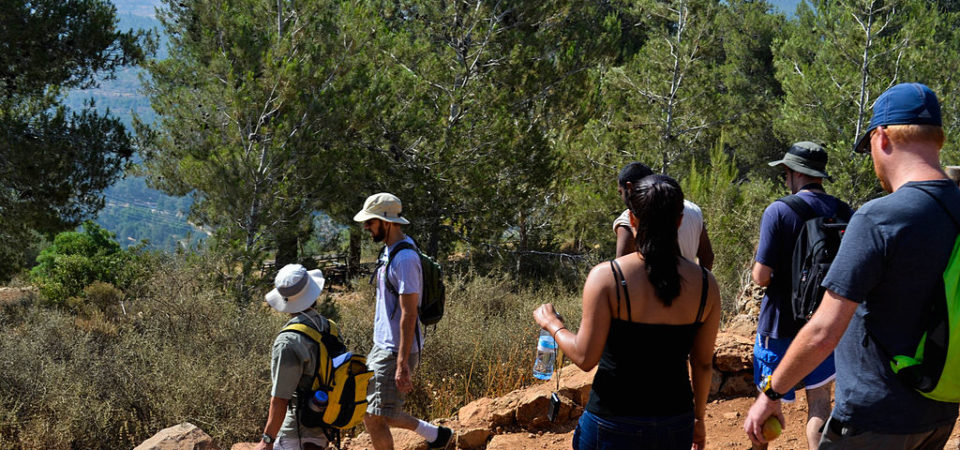Item Link: Access the Resource
File: Download
Publication Info: Science Direct
Date of Publication: April 23
Year of Publication: 2022
Publication City: Amsterdam, The Netherlands
Publisher: Elsevier Ltd
Author(s): Maria Serena Mancini, Debora Barioni, Carla Danelutti et.al.
Journal: Journal of Outdoor Recreation and Tourism
Pages: 13
Abstract
Ecotourism is a potential lever for sustainable development, but common standards and approaches lack to manage and monitor the impact of defined packages on natural resources and local communities.
A customized version of Ecological Footprint Accounting is evaluated here to assess its usefulness as an analytical tool to quantitatively analyse the environmental pressures associated with ecotourism packages developed in and around Protected Areas in the Mediterranean Region.
Within the framework of the EU-funded DestiMED project, a bottom-up, participatory approach was developed for managing and monitoring 13 ecotourism packages by involving local tourism stakeholders and service providers. The application of Ecological Footprint Accounting relied on data sourced from local service providers to complement existing statistics and datasets, and was used in an empirical iterative process to provide local tourism stakeholders with recommendations to guide them in the management of a low-impact tourism offer.
International travel to and from the 13 destinations was found to place a Footprint on the environment – mainly because of carbon emissions – higher than that of the entire stay at the destination.
Footprint results of the packages revealed some overlooked tourism impacts on ecosystems due to unexpected drivers, such as the Food & Drink services offered to tourists at the destination.
Results indicate that managing tourism product development at destinations, and investing in providing knowledge on the principles of sustainability, could lower ecotourism’s impacts whilst contributing to building resilience and aiding the post-COVID recovery of destinations.
Read the full paper here or download it from the link above.

